A Bat in the House Is NOT A Sign Of Death!
Is a bat in the house a harbinger of death or simply a misunderstood visitor? This common question arises from a deeply ingrained superstition, hinting at darkness and mortality.
The belief that a bat in the house is a sign of death is a longstanding myth rooted in various cultural superstitions and folklore. Bats have been associated with a myriad of beliefs across different cultures and regions. These beliefs have ranged from omens of impending doom to symbols of rebirth and transformation.
If you have a bat in your house, your best bet is to contact your local bat removal company, such as Texas Bat Solutions.
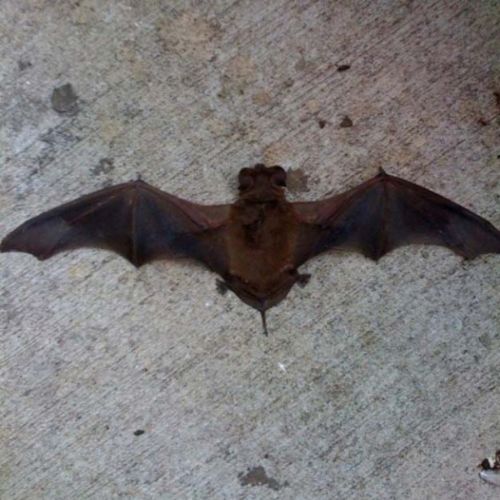
Cultural Perspectives Of Bats
The belief that a bat in the house is an omen of death is rooted in European superstitions, where bats have been associated with the macabre and the sinister. Gothic literature and art further reinforce this perception, often depicting bats in connection with witchcraft and other dark themes. If a bat were to enter a home and later escape, it was believed to portend a death in the family.
Like every symbol, bats carry many meanings that vary across different cultural contexts. Their symbolism is often misunderstood, and their presence in a house may not be as foreboding as widely believed. Underneath the veneer of fear and superstition, bats are fascinating creatures with a rich symbolic history.
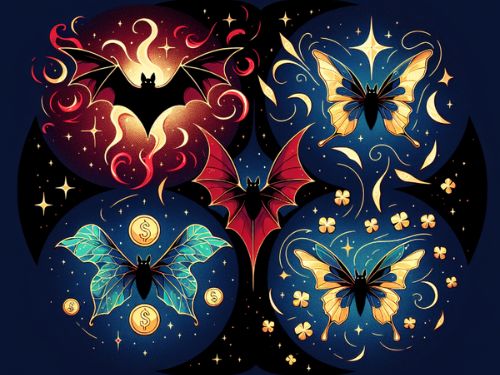
Western Folklore
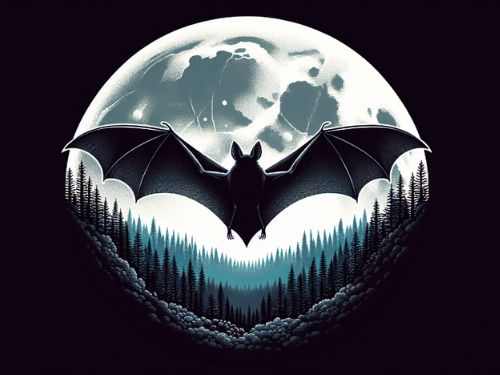
In Western cultures, the association between bats and death has historical roots in medieval superstitions and religious symbolism. Bats, being creatures of the night, were often linked to darkness and the unknown. In Christian traditions, bats were sometimes seen as symbols of the devil or associated with witchcraft, contributing to negative perceptions. Over time, these associations morphed into the notion that a bat entering a house was an ominous sign, foretelling death or misfortune.
Chinese Folklore
Conversely, in Chinese folklore, bats symbolize good luck, happiness, and longevity. The word for bat, “fu,” sounds similar to the word for good fortune, and their association with longevity is derived from the belief that bats live a long life. The presence of a bat in the house is seen as a positive sign, bringing blessings and good fortune to the household. In other parts of the East, such as India, Vietnam, or Malaysia bats are also revered and protected.
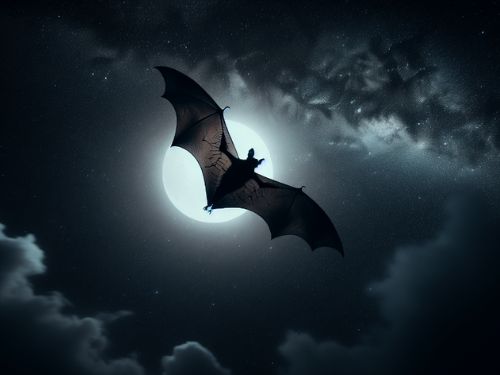
Native American Folklore
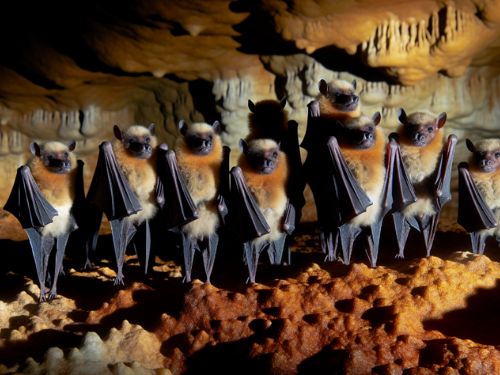
Among some Native American cultures, bats are seen as symbols of transformation and rebirth. The ability of bats to navigate in the dark and undergo hibernation led to their association with the spiritual world. Bats were believed to possess the power of inner vision and the ability to navigate unseen realms, making them symbols of initiation and transformation rather than harbingers of death.
Why Bats Take Shelter In Your Home
While cultural beliefs and folklore contribute to the association between bats and death, a more scientific perspective reveals that the presence of a bat in the house is not a sign of impending doom. Bats are wild animals that may accidentally find their way into homes through open windows or chimneys. Their presence is more likely a result of seeking shelter, food, or a temporary roosting spot rather than an omen.
Bats are crucial for ecosystems as pollinators and insect controllers, and they play a vital role in maintaining ecological balance. Many bats are harmless to humans and prefer to avoid direct contact. However, handling bats without proper precautions can pose health risks, as bats may carry diseases such as rabies.
In conclusion, the belief that a bat in the house is a sign of death is a cultural myth that has persisted through centuries. While bats have been associated with various symbolic meanings across different cultures, this is purely symbolic. Bats play critical roles in ecosystems, and their presence in or around a house is more likely due to factors such as seeking shelter or food rather than serving as a harbinger of death.

